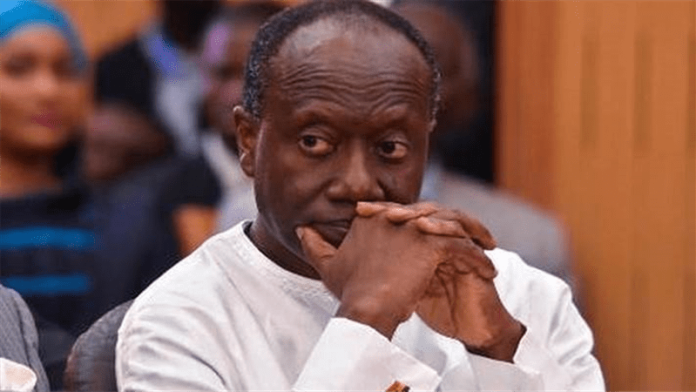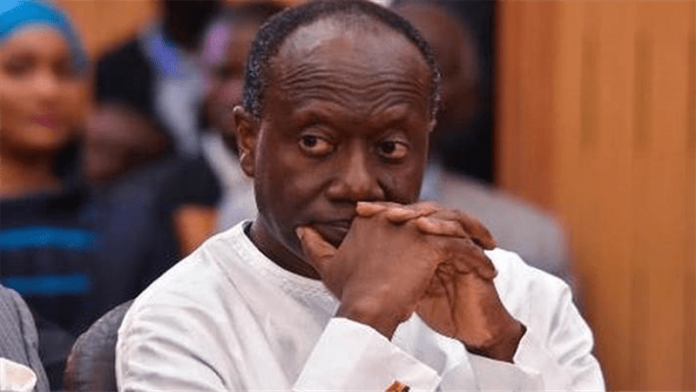
Leaked communications between Ghana’s Office of the Special Prosecutor and the Attorney-General’s Department over the Ken Ofori-Atta extradition case have raised questions about institutional coordination at a critical moment in the former Finance Minister’s prosecution.
The leaked documents, which allegedly revealed internal exchanges between the two agencies, have fueled public speculation about whether Ghana’s anti-corruption efforts are proceeding smoothly or are hampered by bureaucratic friction.
Contrary to popular narrative, there appears to be a fundamental misunderstanding about the extradition process, with the issue being not friction between institutions but rather the provision of detailed information required to complete Ghana’s extradition paperwork. The leaked materials have suggested confusion over case file transfers between the two bodies, though sources familiar with the process indicate the matter may centre on timing and procedure rather than institutional rivalry.
The timing of the leaks comes as Ghana pursues one of its most high-profile corruption investigations. Ofori-Atta, whose location remains unclear as he reportedly seeks medical treatment, is being investigated over a string of high-profile contracts relating to petroleum revenues, electricity supply and ambulance procurement, and over a controversial national cathedral project that swallowed tens of millions of dollars in public money.
The reality is that the OSP remains the only institution that has formally placed Ofori-Atta on a Red Notice and is cooperating with international partners to secure his return, and extraditing someone from the United States requires demonstrating that the process is free from political interference and that the accused will receive a fair trial. This international dimension makes internal coherence particularly significant.
The US Department of Justice and the Federal Bureau of Investigation have indicated that ongoing processes against the former minister are legitimate, with sources at the US Embassy suggesting the FBI and State Department concluded that the extradition request does not amount to witch-hunting. Such diplomatic validation underscores the importance of maintaining procedural integrity.
The OSP has indicated that it has completed all its legal obligations, with the official extradition request submitted through Ghana’s Attorney-General, who has since initiated the appropriate procedures, and that delays should not automatically be seen as obstruction or refusal, as extradition is governed by law.
Public concerns have emerged about the case’s progression. The Secretary General of the Ghana Federation of Labour has questioned the Office of the Special Prosecutor over its failure to arrest Ofori-Atta despite declaring him wanted earlier this year, noting that the former Finance Minister was recently spotted in the United States without any visible effort by Ghanaian authorities to bring him to justice.
The leaked documents have created an unfavourable backdrop at a sensitive juncture. In any extradition case, credibility matters significantly. Foreign courts scrutinise whether Ghana’s process remains free from political manipulation or procedural confusion. Even perceptions of internal disunity can complicate the legal pathway to extradition that already demands meticulous documentation and international coordination.
The leaks raise broader governance questions about how Ghana handles sensitive institutional communications. Both the OSP and the Attorney-General’s office face significant demands in building watertight cases and navigating international legal processes. The challenge lies in maintaining confidentiality about ongoing investigations whilst preserving public confidence in Ghana’s anti-corruption machinery.
Ofori-Atta served as former President Nana Akufo-Addo’s finance minister for seven years. His case represents a flagship anti-corruption effort under President John Mahama’s administration. Success requires not only building solid legal cases but ensuring that internal processes appear seamless to both local and international observers.
The coming weeks will test whether Ghana’s institutions can demonstrate the coordination and confidentiality necessary to move the extradition process forward without further damaging publicity.
